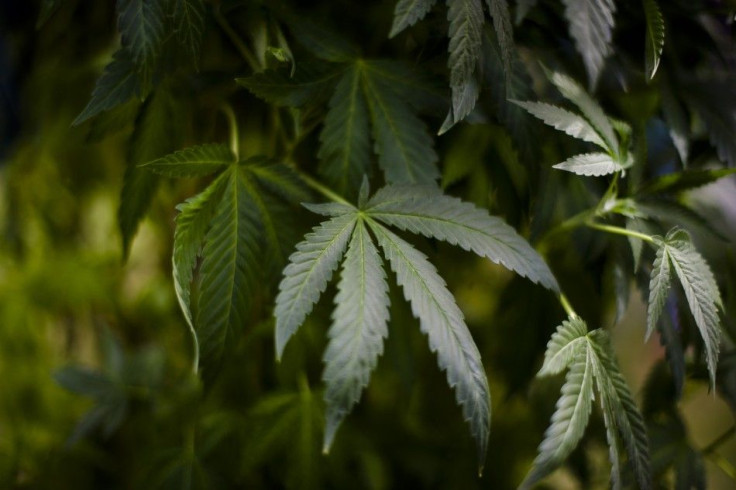Oakland to Host Nation's First Marijuana Street Fair

California residents will soon have the opportunity to light up -- legally! -- in front of Oakland's City Hall.
A marijuana street fair touted as the first of its kind in the nation is set for this weekend. Tickets for the event, called the International Cannabis and Hemp Expo, are $18. However, some may want to splurge for the $300 Golden Ticket, which the event's Web site describes as, a judge's pass that allows you to sample dozens of strains, along with access to a tented Vapor Lounge and two complementary hash bars.
The goal of the expo is to educate the public about marijuana, hemp and Proposition 215, the California measure that legalized medical marijuana in the state in 1996. It is set to feature a variety of speakers -- including activists, politicians and celebrity guests -- as well as musical performances and hundreds of street vendors.
The most controversial attracted is undoubtedly the 215 area, a designated spot located directly in front of City Hall where those with a medical marijuana card will be able to light up and indulge in a selection of cannabis treats.
Patients need to take their medicine when they need to, Kim Cue, a Berkeley resident who is the chief executive of the expo, told the San Francisco Chronicle. Being a patient myself, that's something that's mandatory.
Oakland has been at the forefront of the fight to normalize the use of marijuana for medicinal purposes for more than 15 years. Elected officials and activists report that Oakland is the first city in the nation to license cannabis dispensaries; in fact, the prevalence of pot-related businesses in a section of its downtown has led the area to be known to many as Oaksterdam.
In 2001, the Oakland Cannabis Buyers' Cooperative, one of the areas earliest dispensaries, went to the U.S. Supreme Court to fight for the legality of the cultivation and distribution of medical marijuana. The court rejected the argument and ruled the substance is illegal under federal law, despite the fact that California law recognizes there is a medical use for the substance.
In 2009, Oakland voters passed a measure to tax and regulate cannabis businesses, the first law of its kind in the U.S.
Marijuana is a Schedule I drug, according to the U.S. Drug Enforcement Administration, meaning it is considered to be highly addictive and has no legitimate medical use.
However, scientists claim marijuana can effectively treat ailments such as glaucoma, multiple sclerosis and depression, and is widely acknowledged to help patients undergoing chemotherapy. In addition, a 12-year study from the University of Pittsburg found that marijuana is not a gateway drug and typically does not lead to substance abuse issues.
Medical marijuana is currently legal -- with various regulations -- in 16 states and Washington, D.C.
© Copyright IBTimes 2024. All rights reserved.











